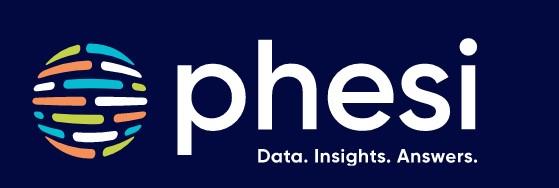Phesi finds fifth of cancer trial sites recruit one patient

Phesi, a global provider of patient-centric data analytics, has uncovered the urgent need for the clinical trials industry to address the issue of single-patient enrolment sites, after analysis of site-level enrolment data found that almost a fifth of sites in cancer trials over the past three years enrolled only a single patient.
Recruiting sites are costly to establish and to run, with activation of such sites costing a minimum of $40,000, with monthly investigator management costs of around $3,000 as well. And the analysis shows that, of 11,826 investigator sites in cancer trials, 2,298 (19%) enrolled just one patient - at a cost of some ten times more (cost per patient) than a better performing site ($130,000 per patient versus $14,167).
From data spanning 83,916 cancer patients in 173 trials across 57 countries, the Phesi analysis correlates with research from the Tufts Center for the Study of Drug Development, which found that 11% of sites fail to enrol a single patient, while 37% under-enrol. The Phesi findings come from an analysis of trials there were mainly phase 3 (81) and phase 2 (51): of the 173 trials, 169 had ten or more enrolling investigator sites, of which single-patient sites ranged from 2% to 76%.
Furthermore, the Phesi analysis found that the top 16% of investigator sites contributed the majority of patients (54%), showing than there is an urgent need for improvement in many sites.
Overall, cancer clinical development is thus shown to be burdened by the increased costs, prolonged cycle times, and poor data quality associated with single patient sites, as data outliers are not as easily identifiable.
Dr Gen Li, CEO and founder of Phesi, said: “Single patient sites are a significant challenge in trial enrolment – prolonging cycle times and exposing data quality issues, even leading to trial failure. In cancer specifically, the risk of measurement deviation is high due to the subjective disease measures often observed in patients.”
Dr Li continued: “Simply by eliminating sites that only recruit single patients, cancer trials can vastly reduce costs. With a smarter approach to protocol design that addresses recruitment issues, sponsors can improve performance across investigator sites.”
He added: “Clinical development has a chronic issue with trial enrolment, with almost one fifth of trial sites contributing just 3% of patients. At the other end of the spectrum, a small proportion (16%) of better performing trial sites contribute almost half of patients.”
The most commonly used countries to locate trials are the US, Germany, Japan, and the UK, while the top sponsors of these trials were Hoffmann-La Roche, Novartis Pharmaceuticals, Regeneron Pharmaceuticals, Merck Sharp & Dohme Corp., and Pfizer.
Dr Li stated: “Sponsors can change the status quo and eliminate single patient sites by embracing new approaches, including predictive analytics, simulating trial design and enrolment performance, and using digital patient profiles at the core of these ‘what if..?’ scenario simulations.”
He continued: “These can be used to select and profile the highest performing recruiting countries and sites for an indication and carry out accurate recruitment scenario modelling.”
In June last year, a 15-year Phesi diversity analysis of a dataset spanning more than half a million patients and thousands of studies revealed that almost half (48%) of cancer clinical trials in the US have no Hispanic or Latin American subjects, and 42% have no black patients.
And separately, in October, Phesi launched its AI-driven Trial Accelerator Platform, an integrated SaaS solution designed to enable clinical development personnel to leverage study and control arm data, so as to accelerate product development.













